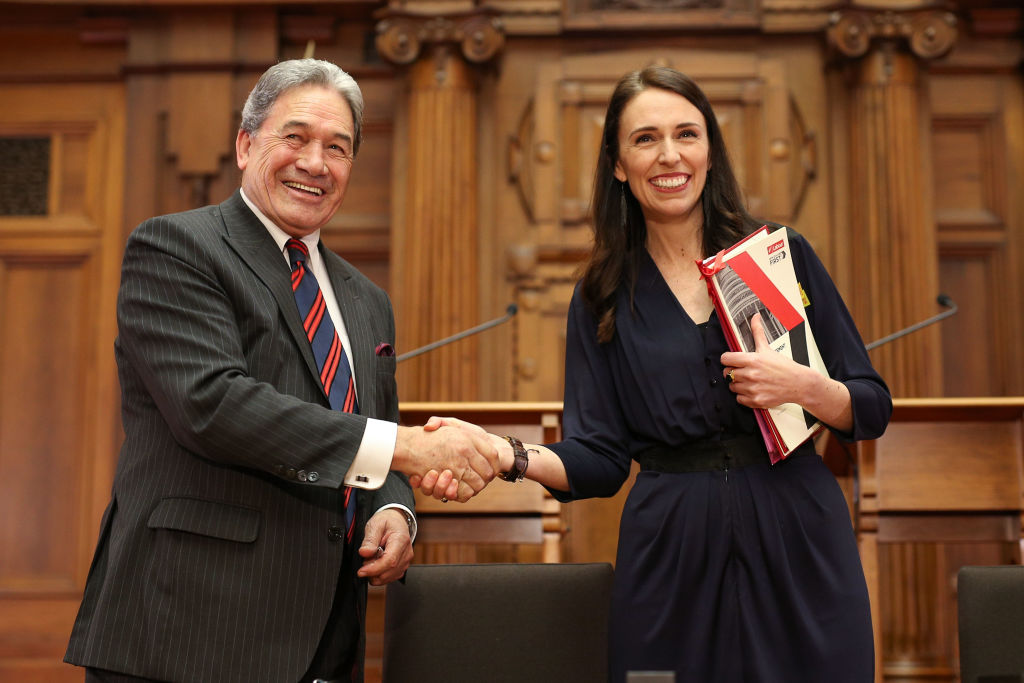
The minimum wage will go up to $16.50 starting April 2018 before rising in steps to $20 by 2021.
Currently, the minimum wage is $15.75 and the living wage is $20.20

"People are living week to week, hand to mouth when on the minimum wage. This is with them even working fulltime."
The first wage increase will see someone working 40 hours take home $30 a week extra. By 2021 this will amount to an extra $170 a week, before tax.
McDonald's employee Alex Couprie, 23, was delighted to hear about the wage increase.
She currently works around 17 hours a week for $15.85 an hour while studying fulltime at Unitec. With her living cost allowance she lives off around $400 a week and is left with around $210 after rent and bills. The remaining money goes on transport, food and other expenses like clothes, school books and savings.
Couprie currently has to save a week ahead to go to the movies with her partner. But the relief would be even bigger for her workmates with children.
"Honestly it's great. I'll be able to afford more things and not have to budget as strictly.
"I know people that have kids and are struggling to make ends meet. This would enable them to give their kids what they need."
Locking youth out of the employment market and an increased price for goods and services were two possible consequences of the minimum wage hike, BusinessNZ chief executive Kirk Hope said.
"If you're an employer and you are required to pay someone with five years experience the minimum wage or one year experience minimum wage, you're more likely to take the opportunity to hire the more experienced person.
"This can have an impact on younger people getting into the workforce."
Hope said New Zealand was a country of small businesses and the hike would be harder for them to absorb. Out of the 500,000 businesses in New Zealand only 200 have over 100 employees.
Comments
While i do understand the desire for higher wages, the reality is for our business at least it will come at the price of someone's job. There are no profits to 'share out' to employees in the form of increased wages, so the money must come from the existing wages pool.
Offset by greater productivity.
The 'Economy' is good, we were told. Were low wages the reason?
Of course there ARE profits to share given obviously widening gap between rich and poor. Many jobs being paid a minimum just because they're not skilled i.e. it's easy to find replacement, and not because they're easy or relaxed, or this is exactly what they are worth. Just supply and demand, it's that simple. Lift the minimum wage requirement and 700,000 incomes will drop even further.














